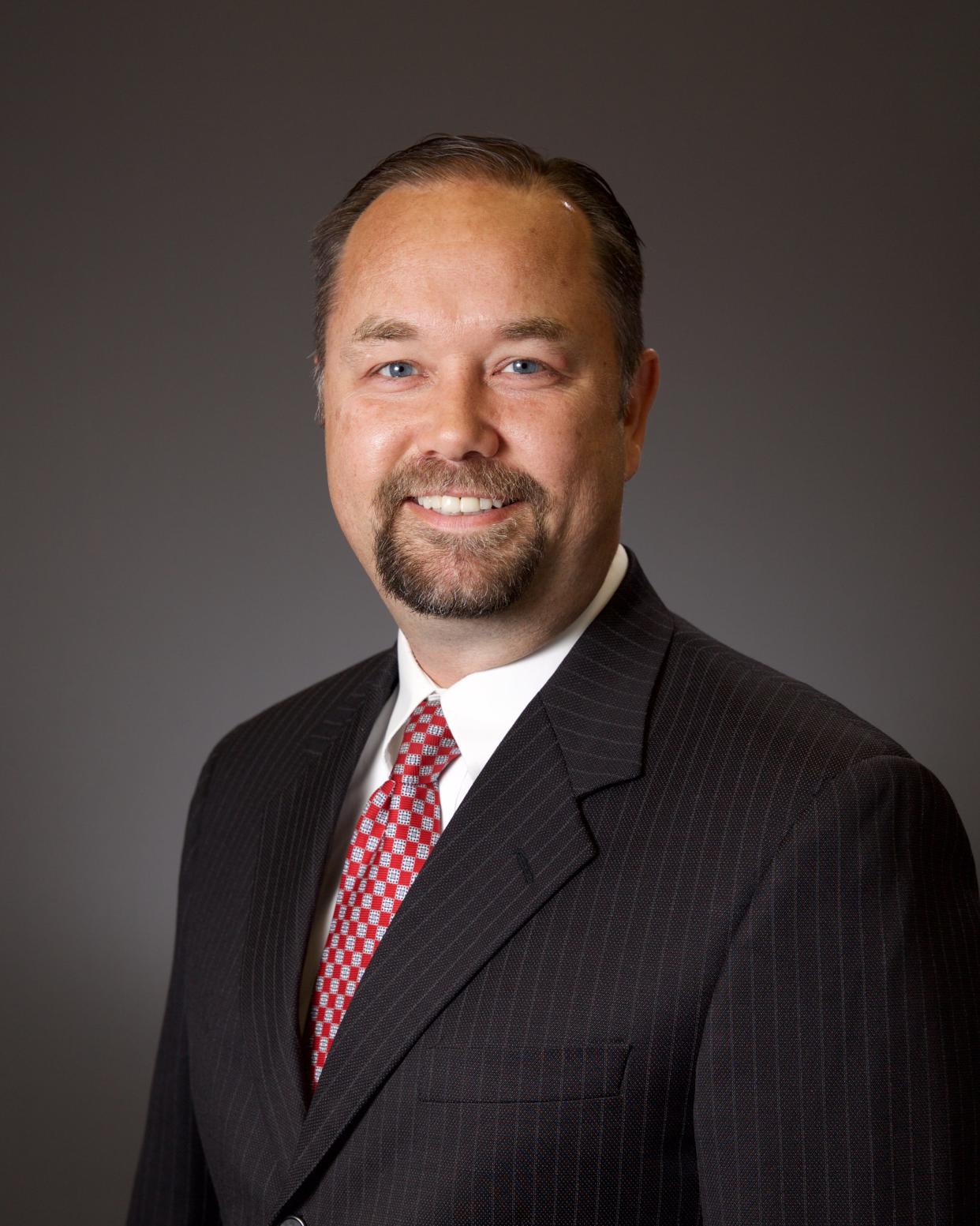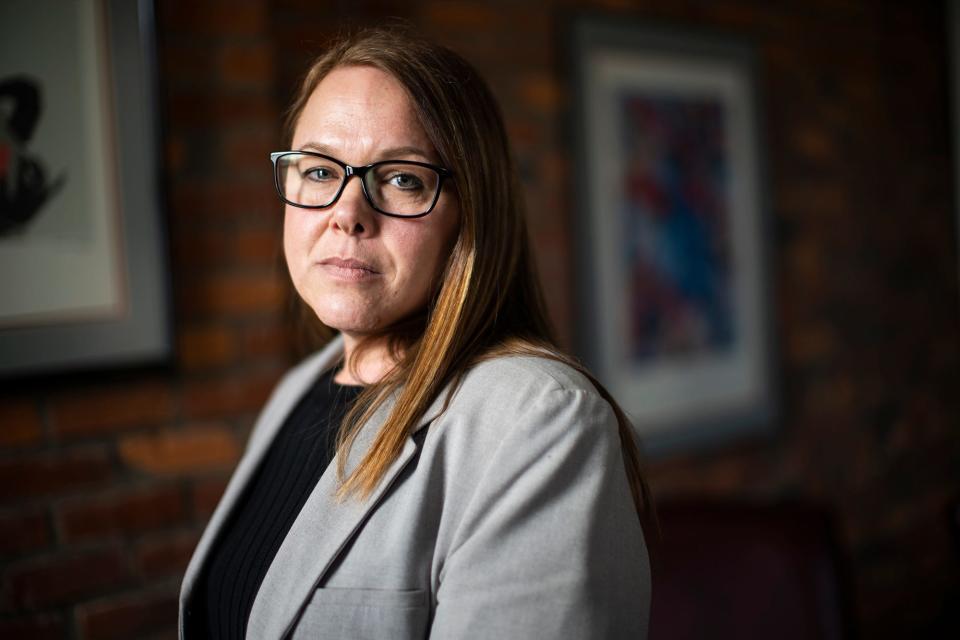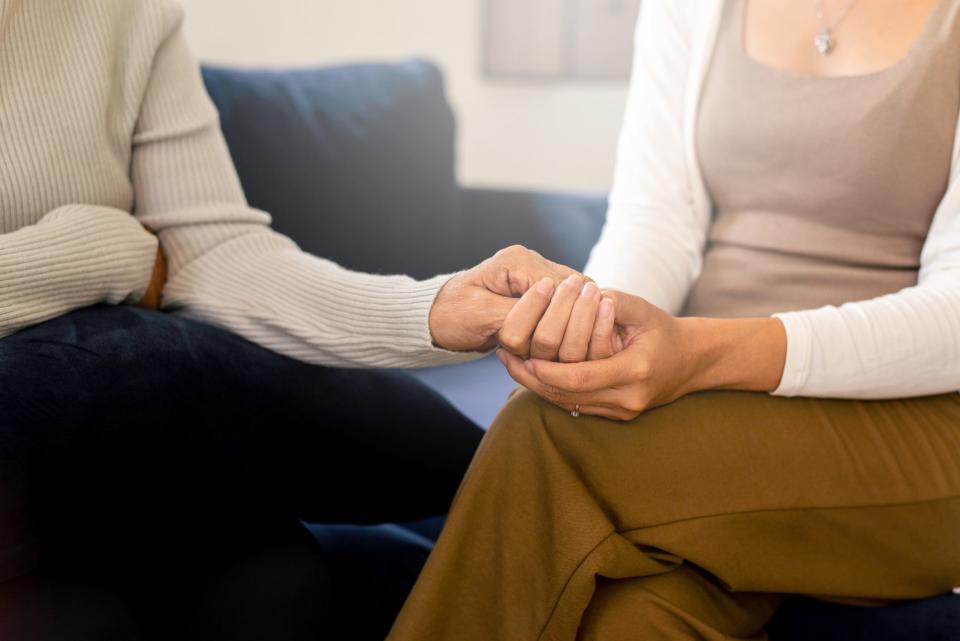Letters: Lawyer for Shawnee State prof wrong, everyone has right to 'self-identification'

Respect for individual is above all else
Tyson Langhofer’s April 27 column, "Warning for those pushing ‘radical gender identity'," is flawed. Nothing is or can be more precious than an individual’s right to self-identification and self-determination.
Trans woman: Being scorned by adults an unfortunate 'rite of passage for people like us'
Moreover, Langhofer’s position would license the professor to assign any derogatory label he desired to a student with whom he disagreed.
Respect for the individual must be paramount.

Ronald L. Solove, Columbus
Have compassion for those with mental disorders
I read the article about the Ohio State University professor resigning while experiencing a mental health crisis with interest and disappointment. People with mental health disorders suffer discrimination in silence, well aware of the stigma, so it must have taken Angela Bryant courage to share her story with The Dispatch.

Lawsuit: Ohio State professor who resigned sues university for not accommodating her disabilities
We ask individuals experiencing the highs of mania, the depths of depression, or the fear of impending doom because of a panic disorder to negotiate convoluted human resource systems, reach out to employee assistance programs, or conform to unrealistic performance improvement plans, only to tell them later that they took too much time away from work, did not meet expectations, or file forms in time, when they are incapable of doing any of these things because of their current mental state.

These individuals would be given other options and treated with concern and consideration if they had any other medical condition. Instead, they are overlooked for promotions or fired or their impulsive resignations are accepted.
At some institutions, including Ohio State, there is no option to apply for the same or another position, ever, even if they receive the care they need to manage their mental health disorders. We can and should do better.
City hiring own workers: Columbus hiring own 911 mental health-crisis response workers after Netcare deal sours

Share your thoughts: How to submit a letter to the editor for The Columbus Dispatch
One in five of us will suffer from a mental health disorder at some point in our lives. May is Mental Health Awareness month. Reach out with compassion the next time you have an opportunity to help someone with a mental health condition and put meaning and action behind sound bites like, “On your sleeve," "You are not alone," and "You matter."
Maxey L. Wellman, Columbus
Kids need interaction after isolation
It has been some time now since Columbus has opened back up and mandatory isolation has been lifted. Although we have returned to a life of closer interaction, a question remains on the minds of pediatricians: What impact has the last two years of isolation had on children’s development?
More: Schools prepare for students who will need social, emotional support this fall
Children go through periods of development where the brain makes connections through the influence of the environment. They learn social and communication skills by connecting and experimenting with the world around them. These experiences are considered healthy developmental stages.
For two years, children had decreased human-to-human interactions and engagement with the world. Lockdowns took kids out of school and childcare, therefore reducing peer-to-peer contact and access to social supports. For these reasons, many researchers are investigating child development to get a clearer picture of the long-term outcomes.
More: How pandemic isolation is affecting preschoolers' language and hearing
As pediatricians, we know a few things for certain: that timing is critical to a child’s overall, healthy development and that children are resilient. We must work with parents and providers alike to re-engage these children as soon as possible.
Through childcare, preschool, in-person education or community programming, we can help get kids re-immersed in the world together and back on track.
Dr. Jonathan A. Wheeler, Columbus
This article originally appeared on The Columbus Dispatch: Letters: Children need social interaction after pandemic isolation

